
China’s Growing Influence on Nepal-India Border Raises Security Concerns Amidst Government Silence
India’s External Affairs Minister, Dr. S. Jaishankar, has returned after participating in the Nepal-India Joint Commission meeting. Analysts have lauded his visit to Nepal, noting its lack of controversy and its overall success.
However, the entrenched tradition of opposing any program introduced by India in Nepal persists. Civil society and leaders voiced significant objections to the proposed investment limit of 20 million rupees through the High Impact Project on Community Development in India (HICDP). Concerns were raised that the embassy might direct these funds selectively, potentially weakening the nation.
Prime Minister Pushpa Kamal Dahal ‘Prachanda’ addressed the Parliament’s Law, Justice, and Human Rights Committee on Wednesday, shedding light on issues related to India’s investments, their processes, and the legal provisions outlined in the agreement. According to Prime Minister Dahal’s information to the committee, India has not been granted any rights in this investment.
While various countries with bilateral relations actively support and invest in Nepal through their embassies and international non-governmental organizations, former Prime Minister Jhalnath Khanal argued that India’s involvement would weaken nationalism. Notably, Khanal himself had sought help under India’s HICDP project.
Amidst these debates, Chinese Ambassador to Nepal, Chen Song, shared a post on his social network X (formerly Twitter) on Tuesday. The post highlighted the opening ceremony of the first batch of vegetable sales in Tarkeshwar Municipality, facilitated by the China Foundation for Rural Development (CFRD).
This post coincided with a heated debate in the parliament, government, and social media about proposing a Rs 20 crore investment limit through the High Impact Project on Community Development in India (HICDP).
Recent developments indicate that China has been actively conducting projects in Nepal, reaching communities through its Global Development Initiative, an ambitious concept of Chinese President Xi Jinping. This initiative, with an investment of approximately 20 crores, is extending its influence to districts bordering India. Moreover, China is expanding its network in villages by renaming the organization established to aid in the 2072 earthquake in Nepal.
According to embassy officials, the organization, initially named China Foundation for Poverty Alleviation (CFPA), has been rebranded as CFRD.
Operating under the State Council of China, CFRD aspires to become the most trusted, anticipated, and respected international charity platform globally. As part of this initiative, over 2.6 million rupees are earmarked for projects in the water supply sector through the Rural Development Women’s Center (RWDC) and New Light Foundation near the Nepal-India border. In districts sharing borders with India Mahottari, Saptari, Sarlahi, Nawalparasi, Bardia, Banke, and Chitwan, an expenditure of about 19 million rupees was recorded last year under the CFPA name. These funds were directed towards children and skill development, supporting education and promoting smiles.
China’s influence in Nepal is expanding not only through the Belt and Road Initiative, with a secretive credit investment, but also through the ambitious concepts of Global Development, Global Cultural, and Global Security Initiatives of President Jinping.
Former Prime Minister and UML President KP Sharma Oli, expressing concerns about India’s potential impact on China’s security, insists on the construction of an industrial village (China Nepal Clean Park) with China’s loan investment in Damak near the Indian border.
The government and civil society have yet to account not only for China’s investments in Nepal but also for the impact they are making in the villages.
The China Foundation for Rural Development, active in Nepal since 1989, aims to expand its territory, promote China, and praise President Xi Jinping. This organization, with offices in Nepal, Myanmar, and Ethiopia, is supported and expanded through the Anlai Foundation, established in the name of the former Chinese Prime Minister Zhou Enlai. The South Asia Center for South-South Cooperation for Poverty Elevation is also set to be activated. Through these initiatives, China organizes tours for Nepal’s political and social leaders, parliamentarians, and journalists, while inviting leaders of the Communist Party of China (CCP), intellectuals, and officials of the State Council to visit Nepal.
China’s strategy is clear, aiming to spread its influence in poor countries of Africa and Asia through long-term policies and plans, facilitated by loan investments. The current global scenario, evident from Sri Lanka, Pakistan, and various African countries, highlights the impact of China’s loan investments.
The questionable silence from Nepali civil leaders, high-ranking officials, and the government regarding China’s strategic and long-term influence programs in Nepal has led common citizens to believe that Nepal is prioritizing momentary benefits over expanding relations with both neighbors.
Calls for an investigation into the foundation’s investments, programs, transparency in expenses, and its main objectives have been made by a group, although they express dissatisfaction with the government’s lack of interest.
China’s goals, desires, and strategies are becoming increasingly transparent globally, as seen in its investments under the guise of bilateral relations and cooperation, exemplified by the Pokhara International Airport in Nepal.
Recent revelations indicate that China is involved in espionage in India through Nepal. Individuals spying for China in India, using fake Nepali identity cards and entering through the Nepali route, have been arrested. In this context, Nepal is urged to provide security assurances to both India and China, emphasizing the importance of prompt government initiatives to curb anti-India activities in Nepal before it is too late.

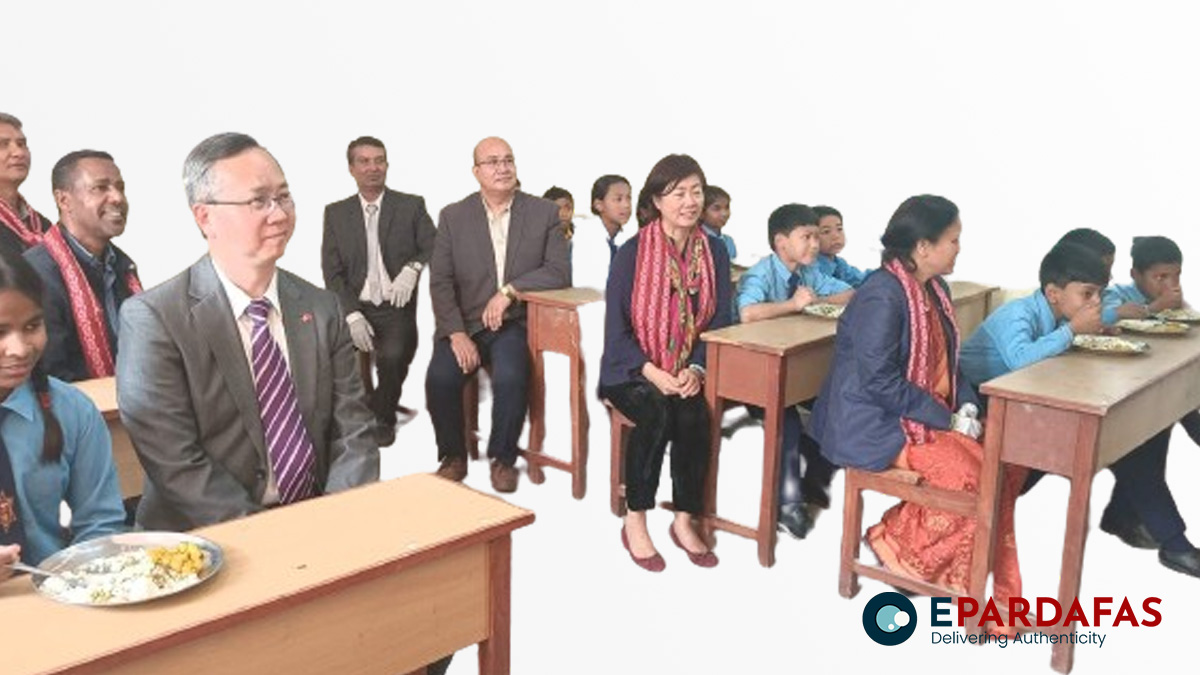



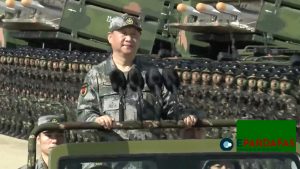


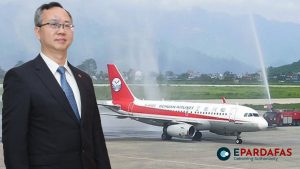


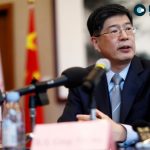
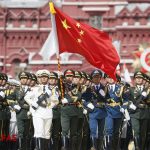



Comments